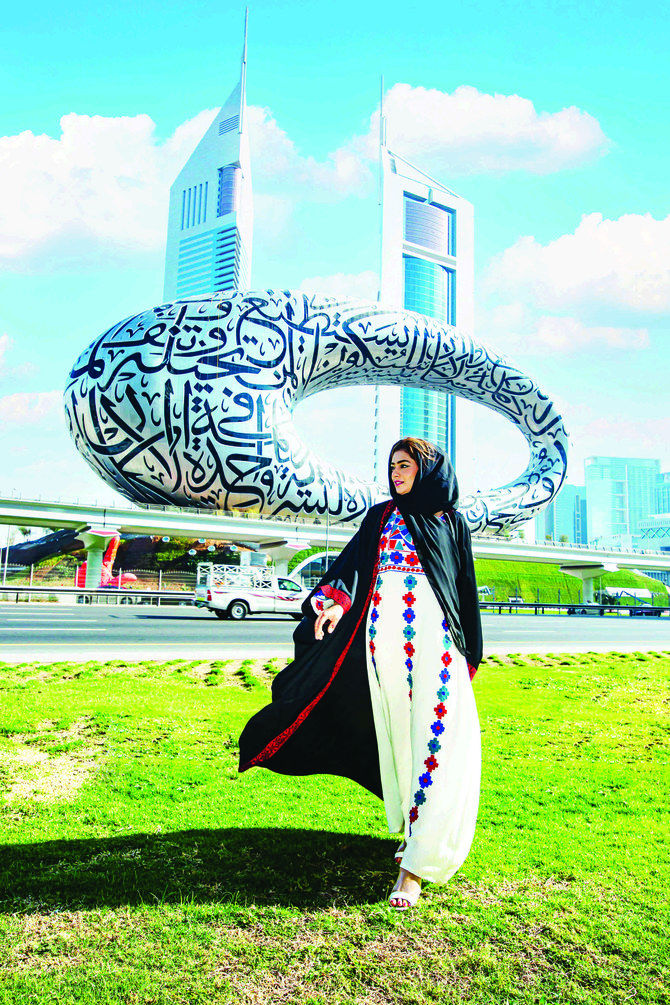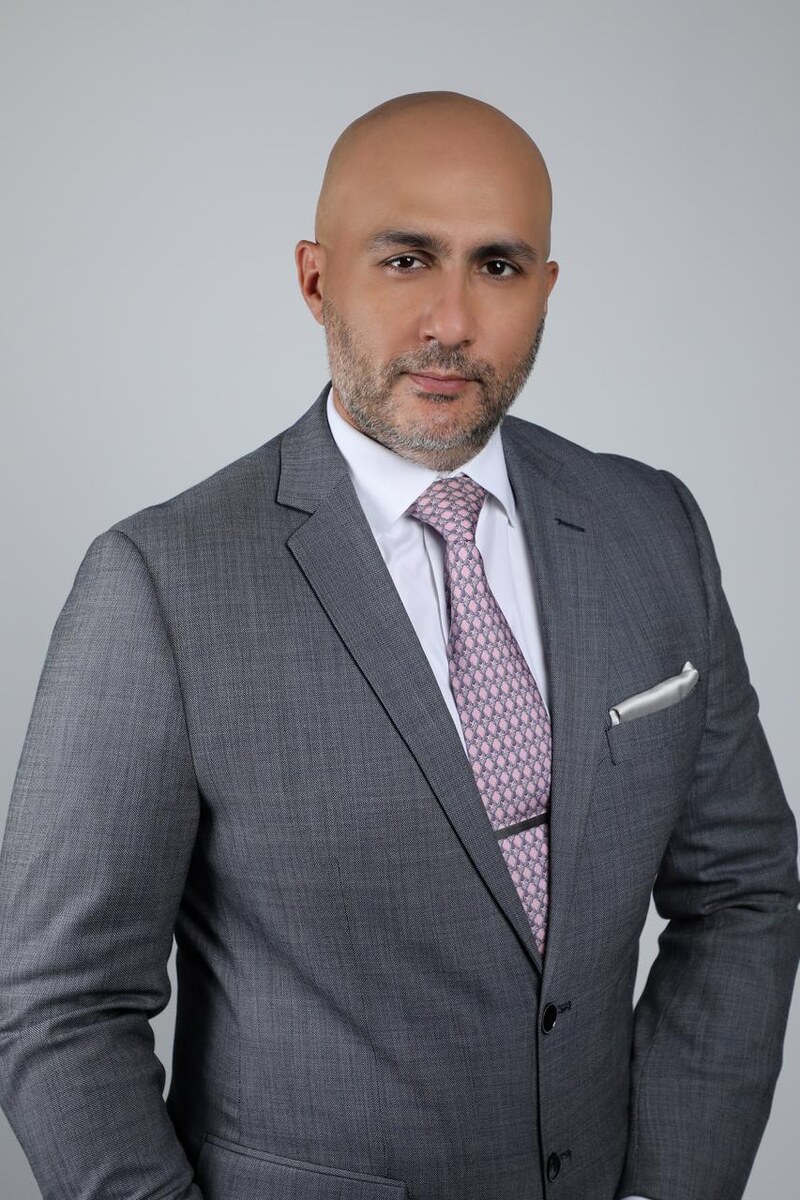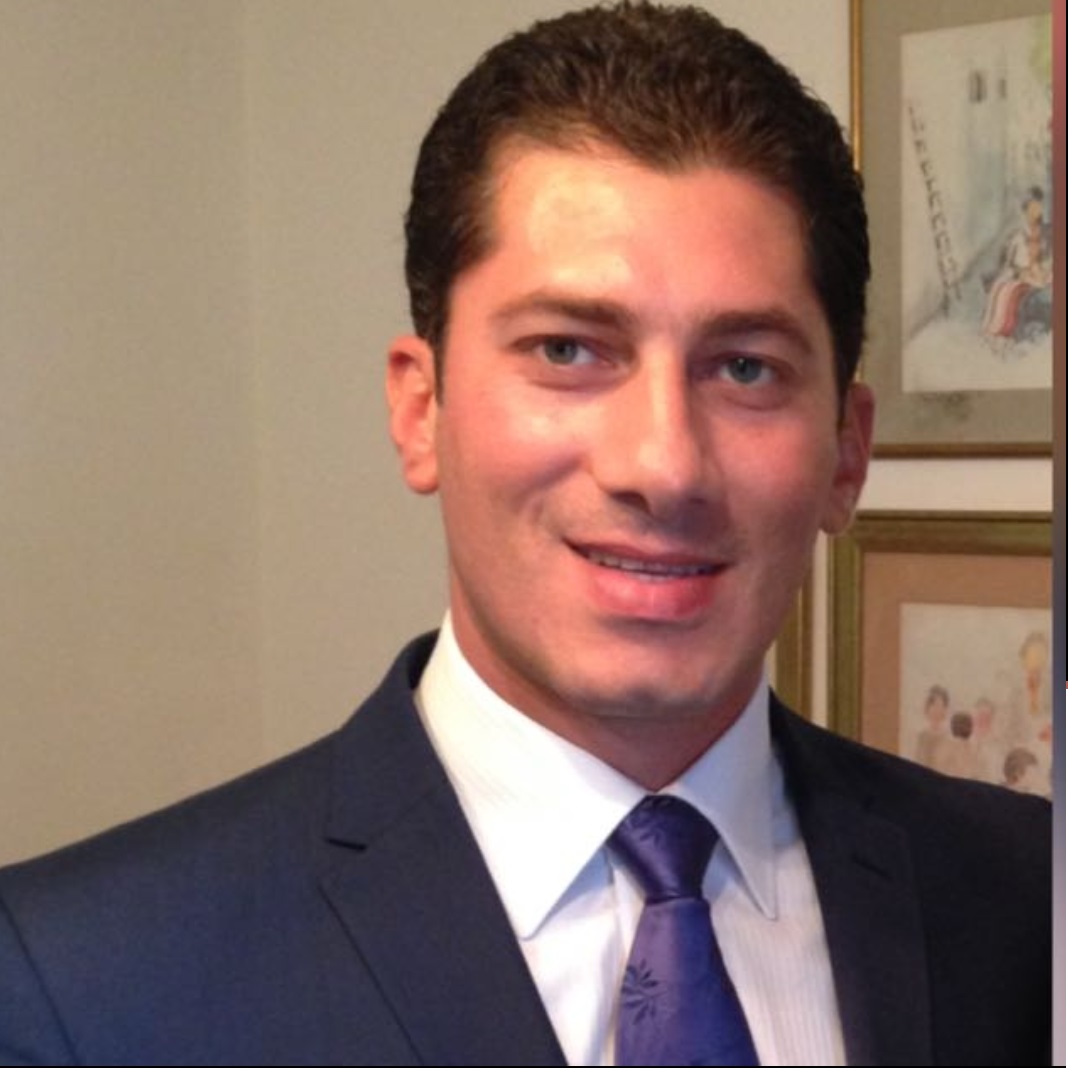Women are increasingly taking center stage in the business world of the GCC as they feel empowered by recent progressive reforms undertaken by some of the regional countries.
Led by the UAE and Saudi Arabia, the region has been witnessing a change in recent years as countries are pushing ahead with gender neutrality measures as part of their national strategy to achieve sustainable growth for society.
For the Kingdom, one of the most important aspects of Vision 2030 is women’s empowerment. Since the plan was put in motion, women are driving, traveling alone, and are increasingly present in the workplace.
Its neighbor, the UAE, launched a plan in 2015 for the empowerment of Emirati women as part of the region’s aim to address the United Nation’s Sustainable Development Goals, also known as UNSDG. This followed the UAE’s decision to update the Federal Crime and Punishment Law last year to strengthen women’s rights.
These changes are empowering women and encouraging them to bring their businesses into the limelight. This year’s Forbes list of 50 most influential and successful businesswomen in MENA included 19 different nationalities, with the UAE and Egypt coming first followed by Saudi Arabia, Morocco, Kuwait and Oman.
“Women in the GCC are benefiting from engaging reforms stemming from ambitious national agendas that fall in line with the UNSDG and an overall aim to diversify the region’s economy,” said Leila Hoteit, managing director and senior partner at BCG Middle East.
In the UAE, she said Gender Lens Investing, or GLI as it’s commonly known in the business world, is empowering women entrepreneurs to stimulate startup creation and increasing the probability of being home to the next unicorns, thereby building strong, resilient economies of the future.
GLI is about integrating gender analysis into investment analysis and decision-making, outlined under the commitment made by 193 countries in 2015 to achieve 17 Sustainable Development Goals or SDGs by 2030.
Hoteit who is featured among the Forbes top 50 most influential women in business in the MENA region this year underlined the significant progress made by businesswomen in the region.
“Just last year, 11 percent of venture capital funding in the UAE went to female-only founders, compared to the international average of 3 percent,” she said.
Moreover, Hoteit pointed out that the UAE is the second country in the world to make it mandatory for corporations and government entities to include women on boards of directors.
On the other hand, in 2020, she said Saudi recorded the biggest improvement on the World Bank “Women, Business and the Law index” that identifies legal impediments to women’s economic opportunities.
This has translated into many success stories at the regional business level.
Sarah Al-Suhaimi is one example among many in the region. As the chairperson of Saudi Tadawul, the Saudi stock exchange, she leads the Group’s effort to meet global standards and best practices. She is the first woman to lead the Saudi stock exchange, which is considered traditionally a man’s domain.
In her own words published on Tadawul, she underlined her institution is contributing to the development of an advanced capital market, “which is a core pillar of Saudi Arabia’s Financial Sector Development Program as it seeks to create a thriving financial sector to enable and support Saudi Arabia’s Vision 2030.”
Al-Suhaimi is also a board member of several companies including the Saudi Telecom Company, the Saudi Arabian Airlines Public Agency and the Cultural Development Fund.
Qatari Hanadi bint Nasser Al Thani is another powerful example. A former assistant lecturer in economics, she first founded Amwal, an investment company, in 1998. In 2005, she founded the $3.2-billion Al Wa`ab City, a real estate development project in Doha.
In the UAE, Hana Al-Rostamani has been brought up in a famous enterprising family, A W Rostamani group, from which she inherited her business acumen. But she has ventured beyond her family business to become the first female CEO of First Abu Dhabi Bank. FAB is currently the UAE’s largest bank with total assets of $268 billion as of September 2021, according to Forbes.
When asked what skills and knowledge should women have to succeed in the GCC business world, Hoteit simply answered, “Opportunity.”
“In the UAE alone, women make up the majority of all university graduates, half of whom are in Science, Technology, Engineering and Mathematics,” she said.
The BCG MD pointed out that the rising representation of women in key decision-making roles in the public and private sectors in the GCC is providing the next generations of women and girls with inspiration not only to pursue their education but to achieve greater success in the market — thereby gaining more visibility in the workplace across the value chain and all facets of success.
Yet, being a woman is both a challenge and an advantage in the GCC market today. The challenges were evident at a global level in their worst forms during the pandemic.
UN Women, a United Nations entity working for gender equality and the empowerment of women, has exposed at the time fundamental inequalities across different segments — from the economy and workplace to health and unpaid childcare, explained Hoteit.
Additionally, in a region where a more traditional view of a woman’s role widely prevails, women are expected to take full responsibility for their household while trying to balance a career.
“However, the leadership in the region has addressed this issue early on and set clear pathways and strategies for women empowerment that placed and continues to place women at the highest decision-making positions in the corporate and government world,” concluded Hoteit.































